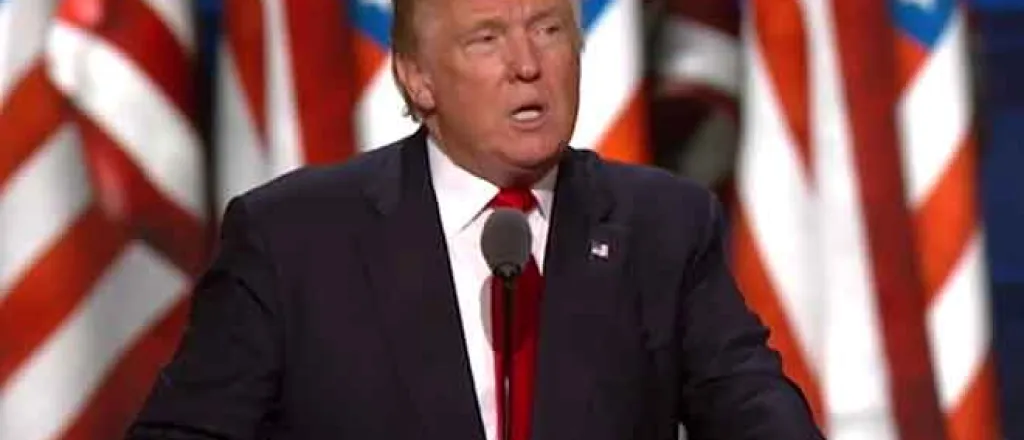
California co-leads states challenging Trump's orders against DEI
President Donald Trump’s executive orders to stop diversity initiatives are being challenged by an amicus brief filed by California and 17 other states.
California, Illinois and Massachusetts co-led the states in filing the “friend of the court” brief supporting the plaintiffs in National Association of Diversity Officers v. Trump. In the lawsuit, higher education associations and the city of Baltimore are challenging what they call vague provisions in Trump’s executive orders that direct federal agencies to terminate “equity-related grants or contracts." The lawsuit also challenges Trump's requirement that recipients of federal grants or contracts must have no programs promoting DEI.

The Democratic attorneys general from the states are urging the U.S. Court of Appeals for the Fourth Circuit to uphold a federal district court’s decision to grant a preliminary injunction to the plaintiffs in their effort to protect programs that stress diversity, equity, inclusion and accessibility.
States that filed the amicus brief include Colorado, Connecticut, Delaware, Hawaii, Maine, Maryland, Michigan, Minnesota, Nevada, New Jersey, New York, Oregon, Rhode Island, Vermont and Washington.
“The Trump administration’s attempt to remove programs and policies that combat discrimination and promote economic and social benefits is frankly un-American,” California Attorney General Rob Bonta said in anews release.
“Programs and practices that incorporate diversity, equity, inclusion, and accessibility are critical to states, as they not only drive innovation and economic growth, but also provide essential benefits to ensure a safe and welcoming environment for all,” Bonta said.
In their amicus brief, Bonta and the other attorneys general argue DEIA principles are grounded in longtime antidiscrimination laws. They also say Trump’s “vague and unclear directives” harm states by threatening billions of dollars in federal funding for K-12 schools, highway infrastructure, public health, workforce development and environmental protections. The attorneys general also contend Trump's executive orders create a chiling effect on private entities.

© zimmytws - iStock-511889079
“Many of these (funding) notices (from federal agencies) require amici States to certify that they do not engage in ‘DEI’ or ‘DEIA’ that the executive branch might view as ‘illegal’ and/or to ‘immediately cease all award activities related to DEI or DEIA,’” the brief reads.
The states contend Trump’s executive orders and federal agencies haven’t defined “DEI,” “DEIA,” “diversity,” “equity,” “inclusion” and “accessibility.”
“The Trump administration’s efforts to unwind the progress we have made toward advancing equal opportunity for all Americans is a government-sanctioned intimidation campaign designed to undermine our civil rights laws,” said Colorado Attorney General Phil Weiser.
“Attempts to sow division and stoke fear to create a less inclusive society are wrong, and supporting the plaintiffs in this case is just one way I am continuing to defend programs that aim to remove barriers to equal opportunity,” Weiser said in a statement.
Illinois Attorney General Kwame Raoul said diversity initiatives are lawful. He also noted studies have shown they lead to more successful businesses and learning environments.
“I will stand with those who are challenging this administration’s illegal attempts to eliminate these programs and turn back the clock on the important progress that has been made toward equity,” Raoul said in a news release.

















